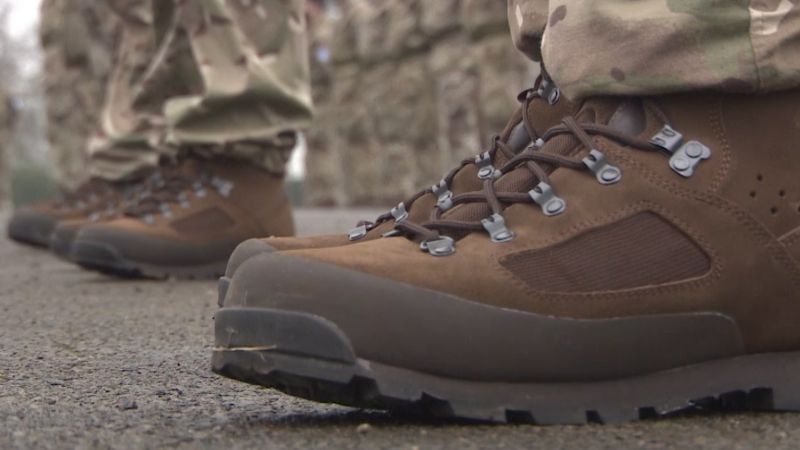
Digital overhaul to tidy up military justice system

The military justice system will benefit from an £8m digital upgrade, swapping traditional systems for an integrated IT approach.
Risk of error, confusion and ambiguity is hoped to be reduced in the switch, while real-time analysis of criminal patterns inside and out of the service will also be provided.
The move aligns defence with 16 UK police forces also using NEC Connect, alongside the Home Office.
- Military chain of command to be removed from dealing with sexual complaints
- New Chief of the Defence Staff: What's on his agenda?
- 'Women are not small men': Uniform still among issues for women in defence
Set to be operational by early 2023, it is expected to reduce delays and establish dedicated witness and victim management processes – automatically mandating vulnerability and flagging when individuals are repeat victims.
A streamlined system will replace the existing Service Police REDCAP, Coppers and Tribase Intel systems, so Service Police, Service Prosecution and Military Courts will share a single data source from the start of an investigation through to prosecution, hearing and sentencing.
The 'input once and use multiple times' approach will aid those handling processes, defence says, offering greater long-term efficiency.
The Service Justice System has come under the spotlight in recent months.
Last December, peers ended their stand-off with the Government in demanding military personnel accused of serious offences in the UK, including murder and rape, are tried in a civilian court – so the most serious offences will continue to be heard in military courts.
Regarding the new digital overhaul, Minister for Defence People and Veterans Leo Docherty said: "We have one of the fairest and most stringent justice systems in the world and it's important we equip those in the Service Justice System with the latest technology and digital tools to streamline investigations and better support victims.
"By upgrading the IT platform throughout the military justice network, we will align better with civilian forces to collectively tackle criminal activity."
The move builds on recommendations from multiple reviews of the Service Justice System dating back as far as 2018 and is in addition to work under the Armed Forces Act, which is delivering its own improvements to the system.









